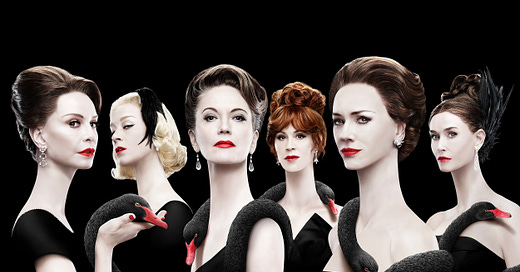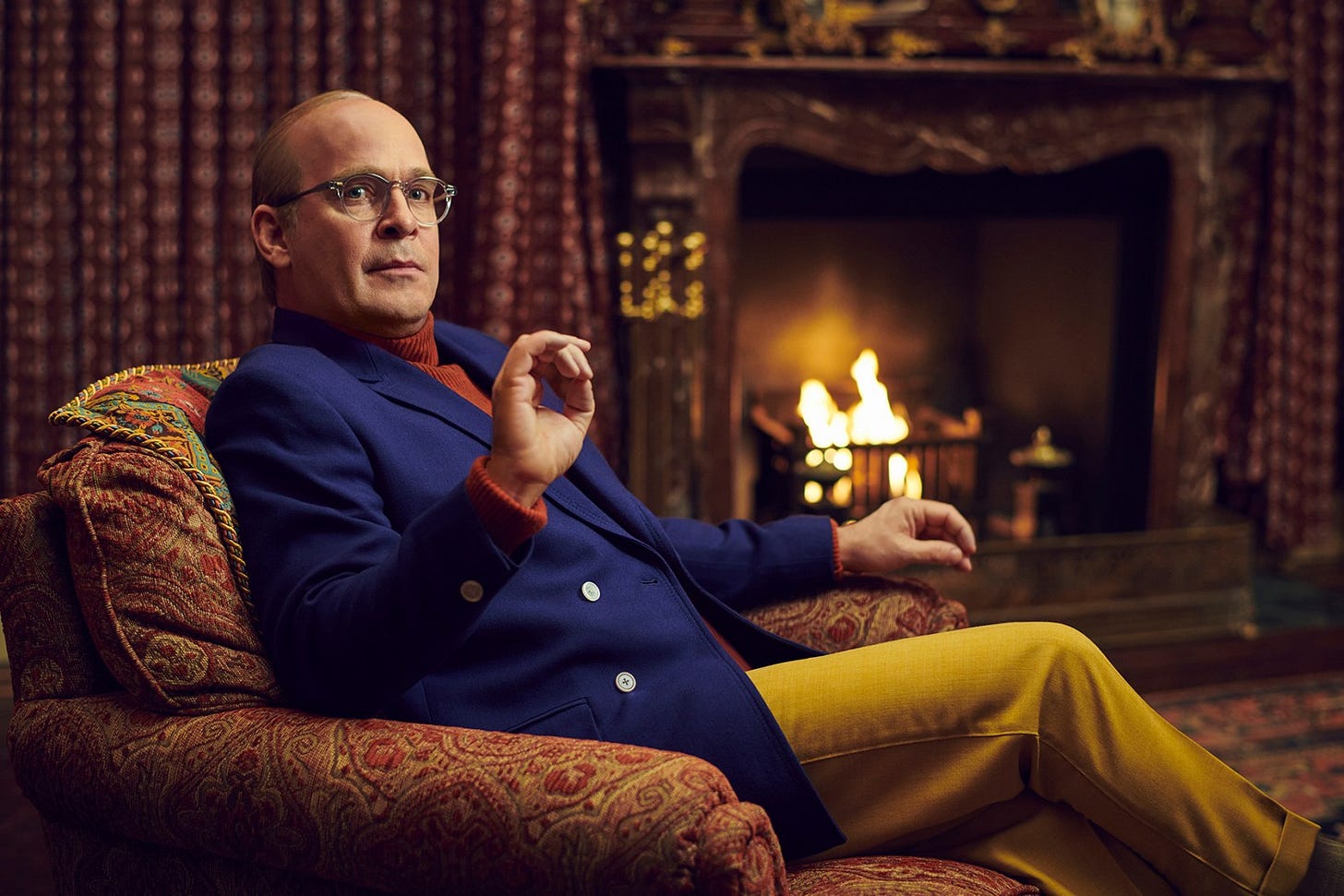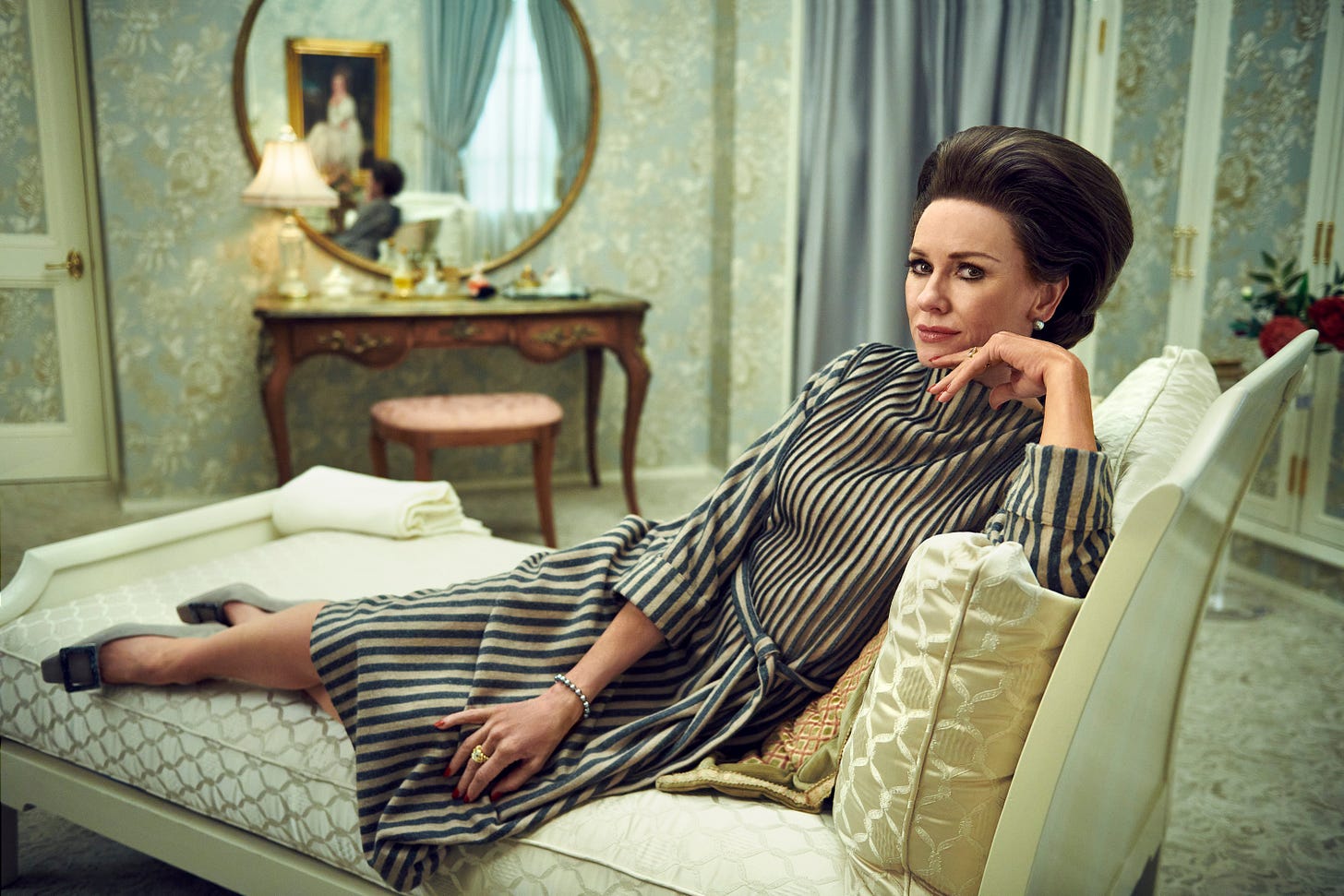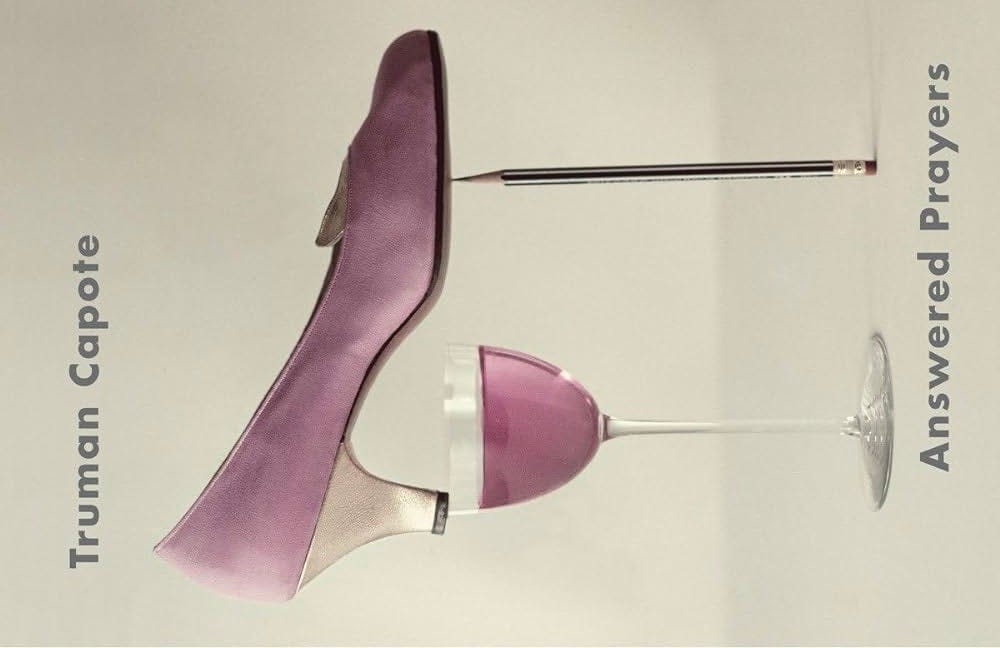Bienvenue fr à Rent’s Due, Post-Saint Paddy’s Recovery Edition! Hope y’all are doing great on this fine Tuesday morning. I spent the weekend celebrating birthdays and green iconography a bit more than usual, hence the delay on this post. I’m planning another hot batch of three pieces this week, but if I don’t, it’ll be this and a Sunday piece that’ll actually be on a Sunday. Thanks, much love, and all the rest.
~ Spoilers for Feud: Capote vs. The Swans below ~
I believe that deep within every person’s heart, there is an innate attraction towards watching other people fight over stupid shit. It’s a similar feeling to, say, when you pass by a bad car accident on your route back home. Hopefully everyone involved seems to be okay, but suddenly questions start popping up in the back of your head like “who hit who?” and “which of them can I semi-subconsciously blame for starting all the fucking traffic I gotta go through now?” The pull of wanting to dive deeper into people’s problems is always rooted in our ability towards pursuing knowledge, but anyone with a functioning brain would tell you that it could lead towards eventually stirring up problems of your own. The sentiment’s true but — as the hypocrites that we are and continue to be — we do it anyway for all sorts of reasons. But what happens when the prying in the affairs of others becomes the subject of another’s content? When the decades of trust you held (hold?) for someone is tainted forever the moment you decide to post your book excerpt about their life to pay the bills? My dear sexy Reader, it starts to get really fucking juicy, and a little sad too, as in the case of Feud’s long-awaited second season, subtitled Capote vs. The Swans.
A bit about me: much like online internet drama, reality TV was a thing I couldn’t give two shits about until I started watching something from it that hooked me, and from that moment on has quickly evolved into a guilty pleasure I still have some discomfort fully admitting. For a medium that often feels more simulated than a full fictional narrative, there’s a morbid nosiness in watching a really bad train wreck unfold before you. I suppose I should’ve seen it coming too, considering that I was always interested in it from my past following other corners in media, in this case being Ryan Murphy shows. Feud’s first season, Bette and Joan, scratched this super niche intersection on the brighter side of my amygdala where Hollywood history and watching stupid people I hate fight met. It was more engrossing than anything I’d seen from AHS or Crime Story, and in hindsight I would’ve given up any other project that came after it for more Feud. But I had to wait at least seven years until a new one came out, in a point in my life where I would’ve almost discarded it for the billion other things on my watchlist. And yet, I gave the Gus Van Sant-sanctioned director’s cut of the premiere a shot, and suddenly caught myself in an equilibrium of confusion and intrigue.
Out of the many prestige dramas I’ve been grateful enough to see in my life, Capote vs. The Swans is the one that most feels like the S.L.O.W for golden age TV; A show that’s trying to be so many things (a docu-drama and dual adaptations of both a Capote biography and his unfinished novel Answered Prayers?1) it’s a genuine miracle the show was able to come out the other side being watchable. The core conflict wants to revolve around Truman Capote ruining the friendships of his elite group of rich women (an all-star ensemble of Chloë Sevigny, Demi Moore, Molly Ringwald and more below that deserve every rose petal), but his relationship with the main swan Babe Paley (Naomi Watts, also deserving of flower-giving) gets the most attention. There’s a feeling shadowing the majority of the season that questions if these swans truly deserved being subjects for Capote’s next book, before discarding that to delve into a laundry list of reasons for why they were actually pretty shitty (and in this case outlandishly homophobic) people. The character of Truman Capote (an indescribable Tom Hollander) is in a constant state of telling the people around him that he’ll quit drinking, until you find him in the next scene scarfing down a glass of whiskey like it was the bag of Doritos I had during rush hour. It’s enough to make someone drop the show out of frustration, but it was those same inconsistencies that kept me watching.
These characters are messy and complicated, lashing at each other for the pain they’ve inflicted before they go out for lunch the next day. A woman like Slim Keith (Diane fuckin’ Lane, man) would move Heaven and Earth to rid the people that harmed her friends, but isn’t too worried to think about the turmoil she causes when she sleeps with their husbands. Their social status can’t hide the universal fact that despite the warmth they bring to each other, they also hold some deep contempt as well. Their drama is a heightened reality for the ways we turn on each other all the time. If it was just that I would’ve been more than fine with the time I spent watching it. But that was before, as a massive credit to writer Jon Robin Baitz, the show started delving into the sad aftermath of everyone’s pettiness.
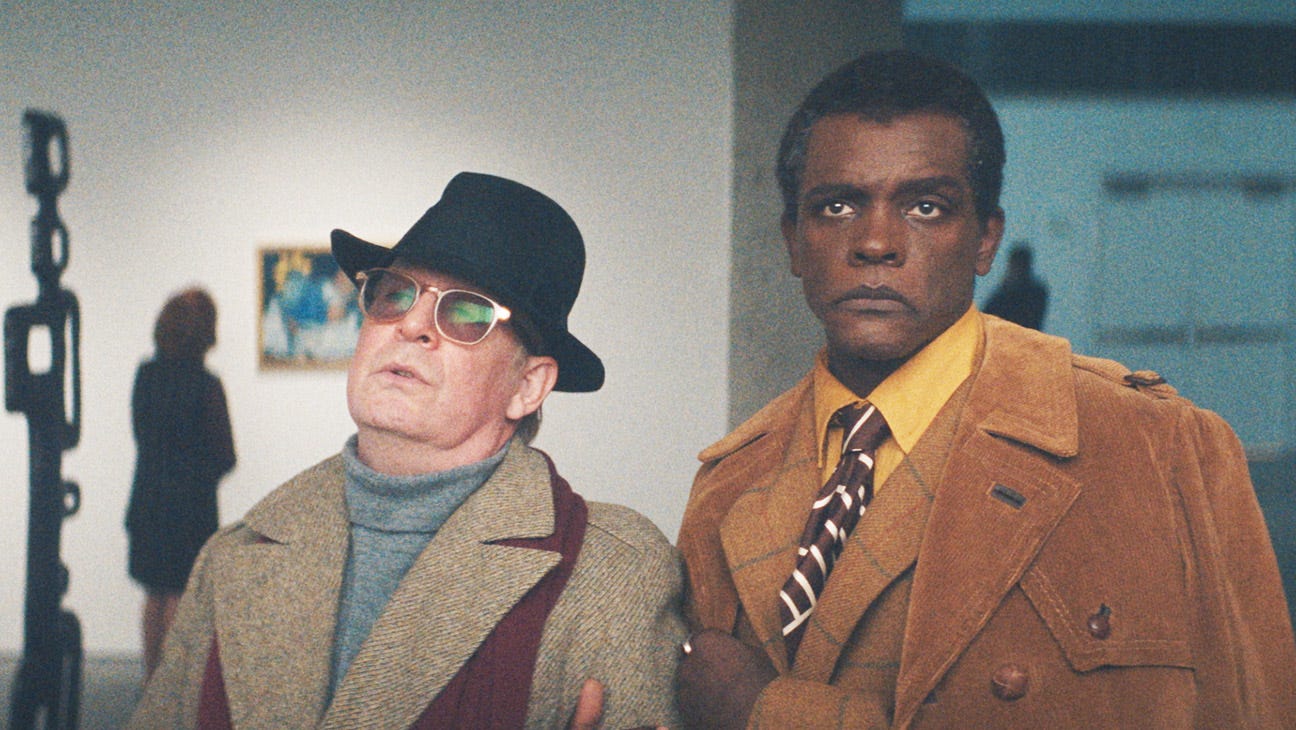
You don’t really get to understand the phrase “hurt people hurt people” until you see it firsthand. In Feud, Truman ruins his relationship with the swans as an act of spiritual revenge for the way high society rejected his dead, ignorant mother (Jessica Lange bc yeah obviously). A woman like Babe, dying from depression and cancer, escapes her own troubles of being a bad mom and being cheated on by planning extravagant parties and cheating with whomever she sees. Even something trivial like Lee Radziwill (Calista Flockhart, in a great performance that made me re-realize her role on Supergirl was honestly the only thing I can remember from that show now) being the sister of Jackie Kennedy is enough for her to walk around hating the world. They made choices that can’t be easily fixed, and what’s so great about Feud to me are the moments when both parties want to put the past behind them, but are either too embarrassed or too late to do so. There are no good people in Capote vs. The Swans (except for Chris Chalk’s James Baldwin), only people who know they’ve done wrong and feel guilty because of it. They have to live with the weight they placed upon themselves. You see that with Truman and Babe, a friendship that by both their accounts was real, but ended with no resolution because they were scared of what the other would say. We the audience want to take a moment like the end of “It’s Impossible”, where the two finally make up for lost time, as a way to convince ourselves that all is forgiven. But that’s just not the truth. It is, like the typed-up endings for Capote’s thinly-veiled insert and his women by the end of the show, a fabrication. A way to cope with a life of mortal regret.
It’s easy to dismiss the speculative fiction throughout this season as an expert’s cathartic sendoff to a time long lost, but that would also be dismissing the more interesting pain lying beneath it. Capote and his swans were people who made it in the upper leagues in life, but were ultimately miserable. That misery gave them amity, one that would never fully recover after the publishing of "La Côte Basque 1965". I joked about how intoxicating chisme can be when you want to take a peek in someone else’s world, but the reality is that sometimes the piece you take from another person also means losing a piece of your own. Capote vs. The Swans showed the emotional toll it takes when gossip is used for profit, and made for some of the best moments of desolation I’ve ever seen on television. It made me feel for fuckups that were trapped in their own ways. And for fuckups like myself and others, reminded us to remember to get out of our own.
There’s a great piece by Julie Miller of Vanity Fair that talks about the history of the book with more expertise than I do here, so definitely check it out after reading this first <3

